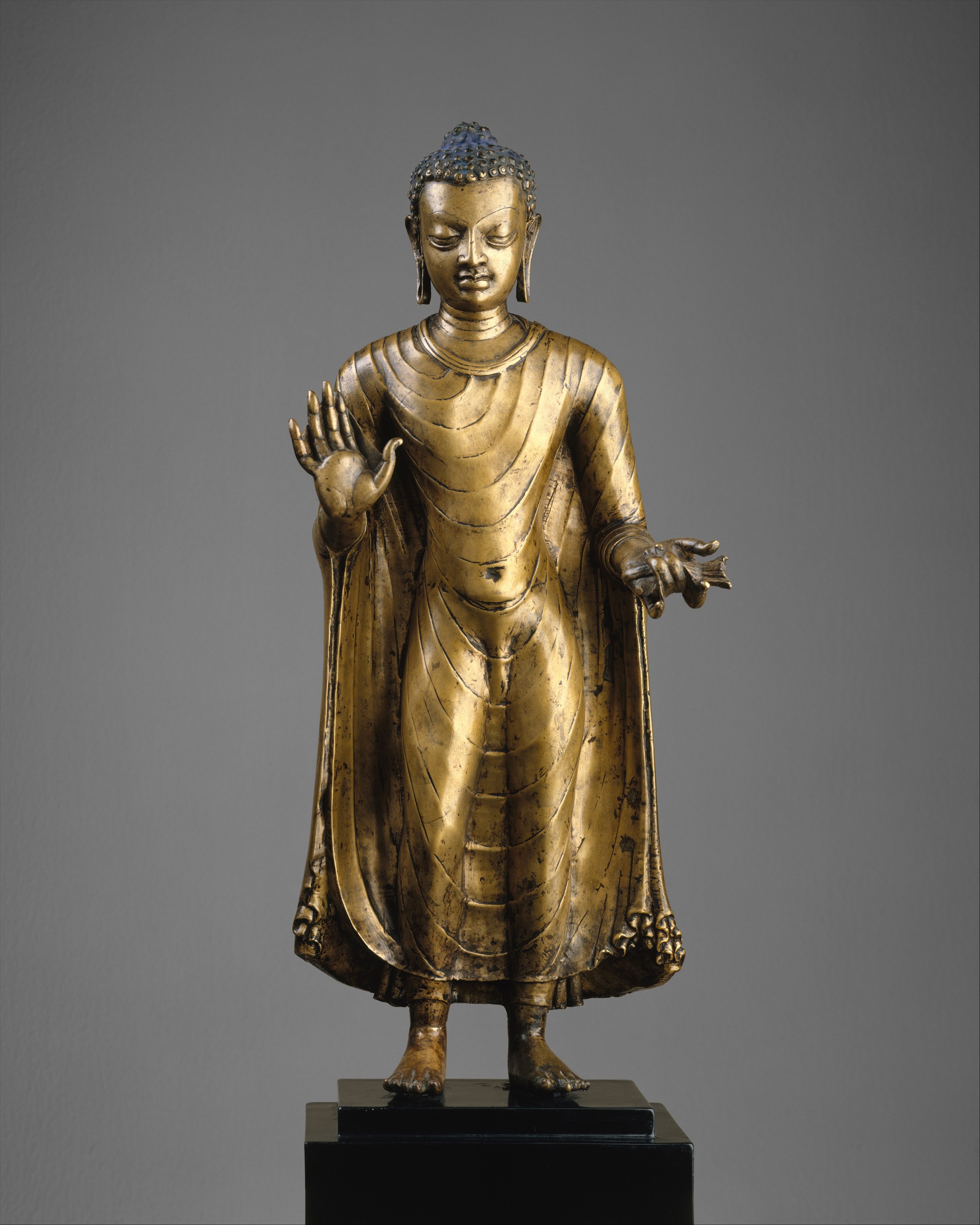The development of zero as a mathematical concept may have been inspired by the [Indian] region’s long philosophical tradition of contemplating the void and may explain why the concept took so long to catch on in Europe, which lacked the same cultural reference points.
“This is coming out of a culture that is quite happy to conceive of the void, to conceive of the infinite,” said [Prof. Marcus] du Sautoy. “That is exciting to recognise, that culture is important in making big mathematical breakthroughs.”
Despite developing sophisticated maths and geometry, the ancient Greeks had no symbol for zero, for instance, showing that while the concept zero may now feel familiar, it is not an obvious one.
“The Europeans, even when it was introduced to them, were like ‘Why would we need a number for nothing?’” said Du Sautoy. “It’s a very abstract leap.”…
The development of zero in mathematics underpins an incredible range of further work, including the notion of infinity, the modern notion of the vacuum in quantum physics, and some of the deepest questions in cosmology of how the Universe arose – and how it might disappear from existence in some unimaginable future scenario.









Leave A Comment